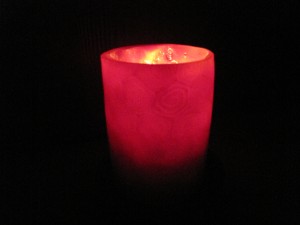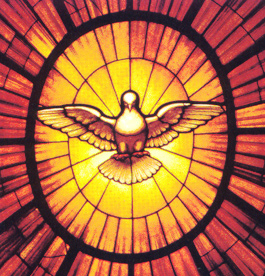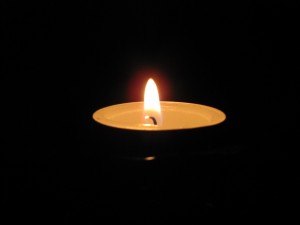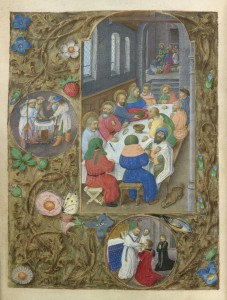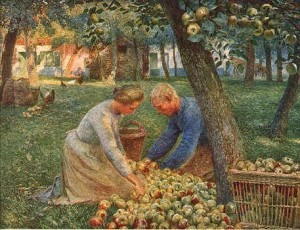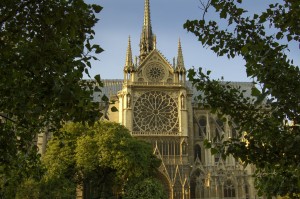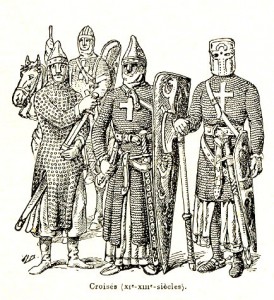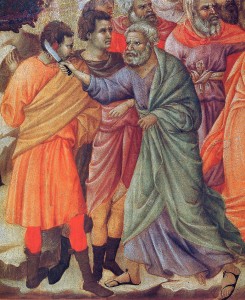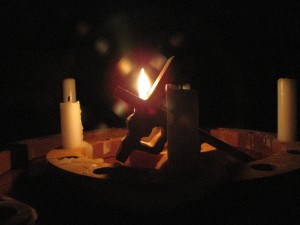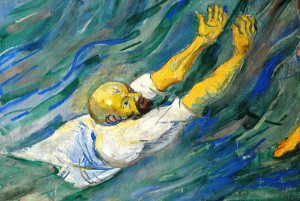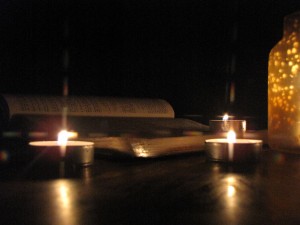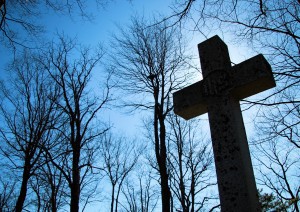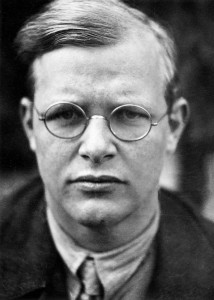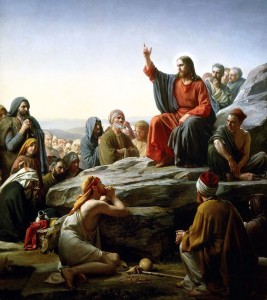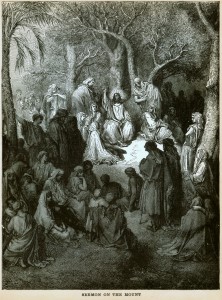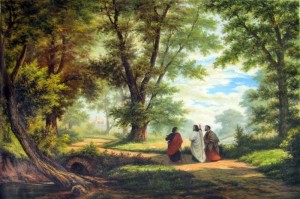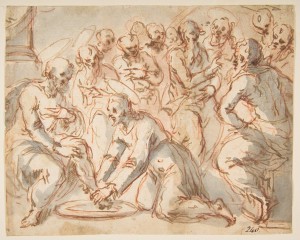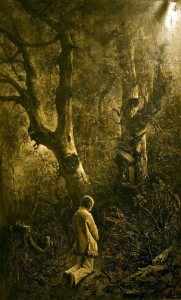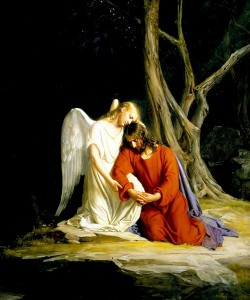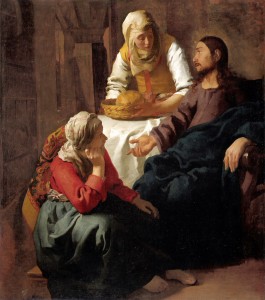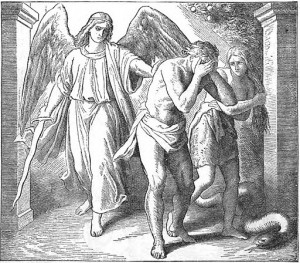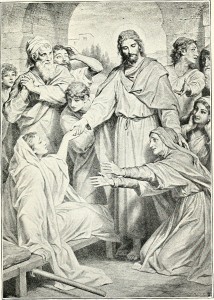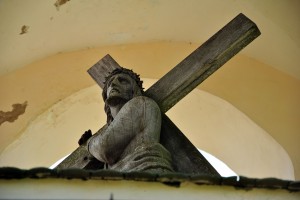Justice.
There are so many different voices crying out for justice right now.
There are so many different ways in which people are responding to those cries.
How should we, as Jesus followers, think Christianly about justice? How should we respond to individual as well as systemic injustice?
One thing is certain: We serve a God who concerns himself with justice.
God tells Israel through the prophet Isaiah to Learn to do good; seek justice, correct oppression; bring justice to the fatherless, and plead the widow’s cause, and through the prophet Micah, He has told you, O man, what is good; and what does the Lord require of you but to do justice, and to love kindness, and to walk humbly with your God?
In the New Testament, Jesus heals the leper, cares for the woman caught in adultery, and laments that the religious leaders tithe mint and rue and every herb, and neglect justice and the love of God. These you ought to have done, without neglecting the others.
We, then, as followers of this God of justice and mercy, must also concern ourselves with justice.
However.
It does not necessarily follow that we should submit to the path of the loudest and most popular voices.
There are many loud voices right now proclaiming the right way to think, to act, to pursue justice in our country.
Maybe they are right. Maybe this is the way God wants his followers to seek justice for the oppressed.
Maybe. Although it is rare that the path the world urges us to follow is the right path.
It also does not necessarily follow that every disciple of Jesus should walk the same path of fighting for the same justice for the same group of people.
We are the body of Christ. We are his hands and his feet and his eyes and his arms and his legs and…
We have different abilities and gifts. We have different passions and loves.
There are so many different kinds of people in need of justice in our world, in our country, in our town. People of color. People who are enslaved. People who are abused. People who are homeless, starving, mentally ill, without hope.
So how do we know? How can we find the right way? How in the world, how in this broken, grieving, noisy world can I know how God wants me to pursue justice?
We stop.
We wait.
We must wait for God to fill us up with Himself so that it is His love and His compassion that flow out of us, rather than our own ideas about what ought to be done.
Springing into action is not our first step.
It is when we simply are still, keeping our gaze fixed on Christ through such habits as silence and solitude and lectio divina, that the Holy Spirit changes us and stirs us to His work.
Andrew Murray writes, It is when the soul becomes utterly passive, looking and resting on what Christ is to do, that its energies are stirred to their highest activity, and that we work most effectually because we know that He works in us.
As the Spirit of God dwells in us, we are more and more able to be led by the Spirit to do the work He has for us.
We cannot charge ahead and try to take the lead, but rather must wait on the Spirit to change us, to instruct us, to show us the way in which we should go. It is the Spirit’s role within the trinity to produce fruit, to bring every work to completion.
We see this in a beautiful way through the early Church.
As you read the book of Acts, the Holy Spirit leads the Church in her various missions, sending people out as they are waiting on Him in prayer. He gives direction and the words to say, He produces the fruit that results, and the only thing the people do is to follow. The Spirit is the One who gives joy and spreads the Word.
The Holy Spirit does His work as He moves us to do our work. As we are still before God, we learn to understand how the apart from me you can do nothing is only the beginning of the I can do all things through Christ who strengthens me.
The Church is not a way to escape from this world. We follow the way of Christ, and he gave himself wholly for the life of the world.
God cares deeply about justice, and we should care deeply about what breaks the heart of God.
How do we know how best to pursue justice in our land?
Not by listening to the loud, clamoring voices of the world, but by first listening to the still, small voice of God.
Only then can we work and fight for God’s kingdom rule to be done here on earth as it is in heaven.
I end with a quote from Father Alexander Schmemann. He is speaking of the Eucharist as communion with God –
It is the very communion with the Holy Spirit that enables us to love the world with the love of Christ. The Eucharist is the sacrament of unity and the moment of truth: here we see the world in Christ, as it really is, and not from our particular and therefore limited and partial points of view.
Intercession begins here, in the glory of the messianic banquet, and this is the only true beginning for the Church’s mission. It is when we ‘lay aside all earthly cares,’ when we seem to have left this world, that we, in fact, recover it in all its reality.
God has made us competent to be his witnesses, to fulfill what he has done and is ever doing. This is the meaning of the Eucharist; this is why the mission of the Church begins in the liturgy of ascension, for it alone makes possible the liturgy of mission.
Don’t flail blindly at the foe. Go and be still before God. Wait for him to send you out on his mission.
Our world needs you.
To hear my blog post read aloud, just click the play button. If you’re reading this in an email, you may have to click here to hear the post on my site.
Art credit: Dove of the Holy Spirit by Gian Lorenzo Bernini; all other photographs copyright 2020 Made Sacred



